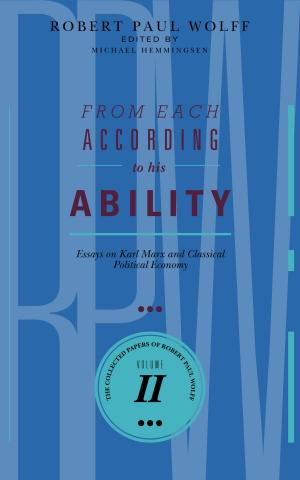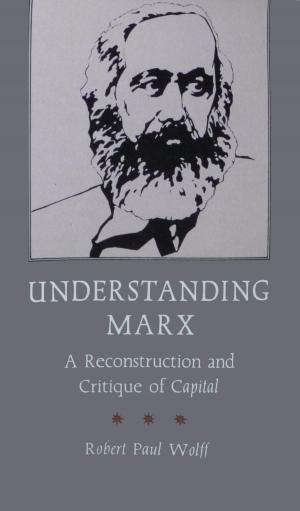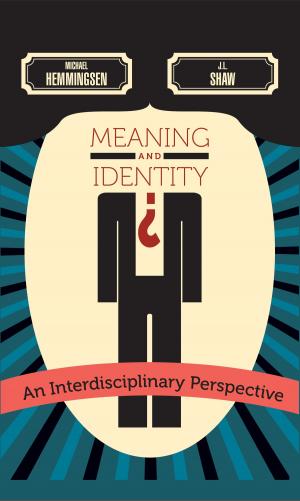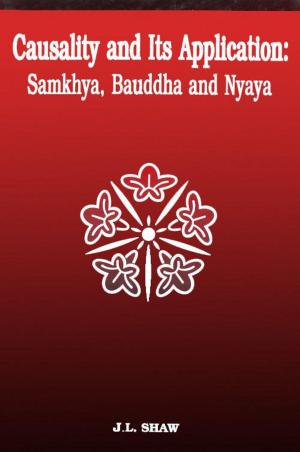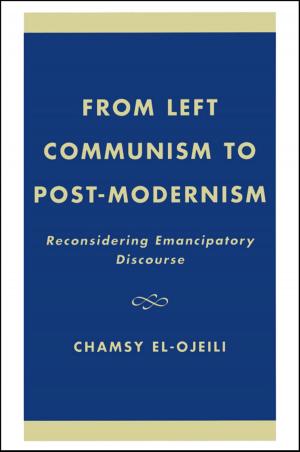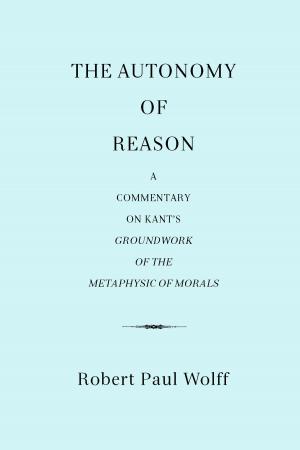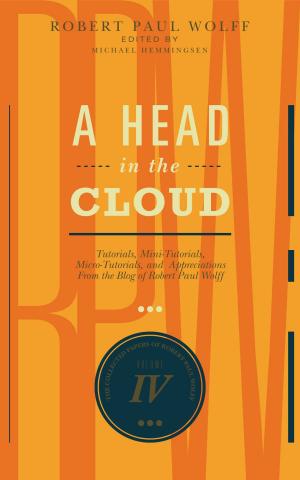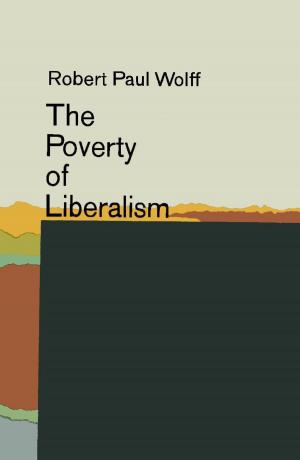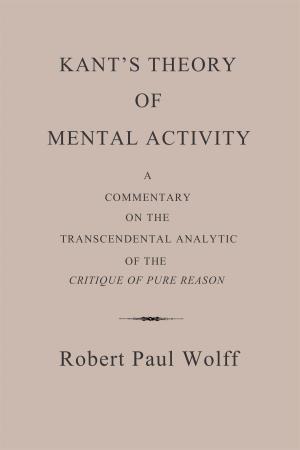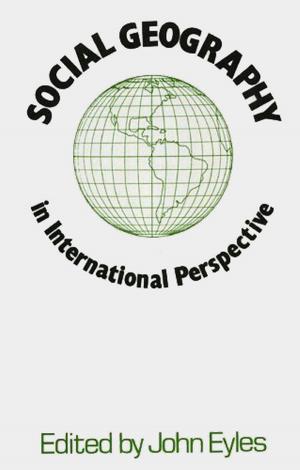Human Behaviour and World Politics
A Transdisciplinary Introduction
Nonfiction, Social & Cultural Studies, Political Science, International, International Relations, Politics, History & Theory, Social Science| Author: | Ralph Pettman | ISBN: | 9780473213428 |
| Publisher: | Society for Philosophy & Culture | Publication: | February 24, 2013 |
| Imprint: | Language: | English |
| Author: | Ralph Pettman |
| ISBN: | 9780473213428 |
| Publisher: | Society for Philosophy & Culture |
| Publication: | February 24, 2013 |
| Imprint: | |
| Language: | English |
The contemporary academic study of world politics is a very diverse one This book is particularly concerned with that considerable part of it which in a loose sense represents the ‘behaviouralist’ school - the fashion of analysis that flowered in the 1950s and 1960s, principally in the United States, on the strength of three distinct and interconnected ideas: that there should be a self-consciously theoretical approach to the study of politics; that it should be founded upon the study of human behaviour; and that it should be reduced where possible to the study of external observable phenomena that regularly recur and can be quantitatively assessed.
The work begins by tracing the history of the study of world politics, and the consequent attempt to build a science of world affairs. Some of the prominent ‘theories’ of foreign policy are discussed in detail and the author then proceeds to assess the contribution of a variety of diverse and fascinating disciplines - cosmology, cosmogony, evolutionary biology, archaeology, world history and social philosophy - towards the understanding of world politics as a part or human behaviour as a whole.
Various concepts and conclusions are also drawn from General Systems Theory, cybernetics, social biology, neurophysiology and social psychology, and are used, firstly, to reinterpret old issues in novel frameworks generating new insights and information along the way, and, secondly, to relate the impact of human science in various of its comprehensive and more exact forms to the basic issues of international affairs.
Finally the author examines two of the most important fields that confront the contemporary analyst – the nature and likelihood of interstate integration, and the character of conflict and war.
The vast and unique assessment of disciplines usually beyond the experience of social scientists makes this a particularly important book for students in a wide variety of disciplines - sociologists, anthropologists, students of political behaviour, historians and psychologists alike should benefit from the lucid and clear expositions of Dr Pettman.
The contemporary academic study of world politics is a very diverse one This book is particularly concerned with that considerable part of it which in a loose sense represents the ‘behaviouralist’ school - the fashion of analysis that flowered in the 1950s and 1960s, principally in the United States, on the strength of three distinct and interconnected ideas: that there should be a self-consciously theoretical approach to the study of politics; that it should be founded upon the study of human behaviour; and that it should be reduced where possible to the study of external observable phenomena that regularly recur and can be quantitatively assessed.
The work begins by tracing the history of the study of world politics, and the consequent attempt to build a science of world affairs. Some of the prominent ‘theories’ of foreign policy are discussed in detail and the author then proceeds to assess the contribution of a variety of diverse and fascinating disciplines - cosmology, cosmogony, evolutionary biology, archaeology, world history and social philosophy - towards the understanding of world politics as a part or human behaviour as a whole.
Various concepts and conclusions are also drawn from General Systems Theory, cybernetics, social biology, neurophysiology and social psychology, and are used, firstly, to reinterpret old issues in novel frameworks generating new insights and information along the way, and, secondly, to relate the impact of human science in various of its comprehensive and more exact forms to the basic issues of international affairs.
Finally the author examines two of the most important fields that confront the contemporary analyst – the nature and likelihood of interstate integration, and the character of conflict and war.
The vast and unique assessment of disciplines usually beyond the experience of social scientists makes this a particularly important book for students in a wide variety of disciplines - sociologists, anthropologists, students of political behaviour, historians and psychologists alike should benefit from the lucid and clear expositions of Dr Pettman.

